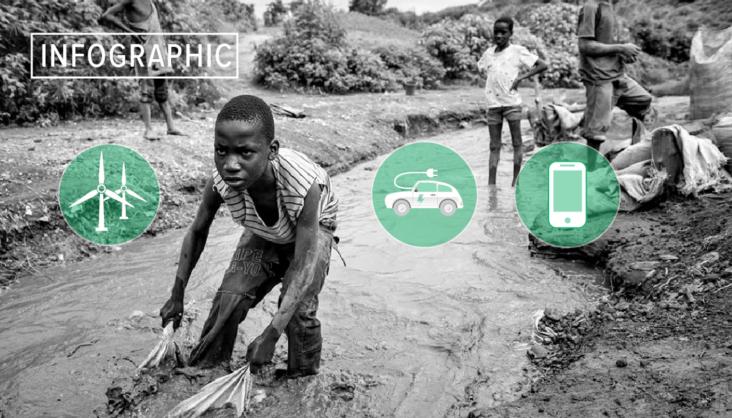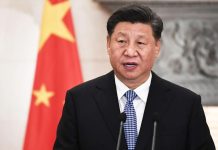Africa-Press – Lesotho. According to a BloombergNEF study published at the end of June, demand for rechargeable batteries between now and 2030 is expected to increase by more than 400%.
Even though these so-called ‘lithium-ion’ technologies are an essential part of the ‘low-carbon’ and digital transition, they also use large quantities of rare metals.
In this respect, the DRC might find itself embroiled in a real ‘geological scandal’, at the centre of which are cobalt and coltan, of which the country holds almost all the world’s reserves.
‘Geological scandal’
The explosion in demand for these active materials – which are essential for the manufacture of batteries used in smartphones, electric cars and wind turbines – could be a boon for the country, where 77% of the population still lives below the poverty line.
The phone or tablet on which you are reading this article most likely contains a few grammes of this cobalt that was collected by Congolese ‘diggers’.
The DRC, whose mining sector is largely small-scale, opaque and poorly regulated, is a magnet for large multinationals – led by the Chinese – that are sometimes unscrupulous, and for armed groups fighting for control of extraction sites in North and South Kivu.
More than 200,000 Congolese toil in the mines as ‘diggers’ in undignified and dangerous conditions, to supply this very profitable market. ‘Blood cobalt’ NGOs regularly denounce the fact that these precarious workers are exploited by some of the market’s main players.
In 2019, IRAdvocates – a coalition of researchers and lawyers – even filed a complaint against Apple, Microsoft, Dell and Google, accusing them of having indirectly benefited from child labour in Congolese cobalt mines.
In an attempt to remedy this situation, initiatives and certifications – rarely applied efficiently – abound. For example, BMW, Volkswagen, Samsung and BASF have collectively committed themselves to regulating artisanal mining.
eries for his Tesla vehicles that don’t require this ‘blood cobalt’. The Kinshasa authorities launched their latest initiative in March titled the Entreprise Générale du Cobalt, which will oversee the purchase and marketing of ‘responsible’ artisanal cobalt in the country.
The phone or tablet on which you are reading this article most likely contains a few grammes of this cobalt that was collected by Congolese ‘diggers’. We trace the path that the precious metal took before it reached your hands.
For More News And Analysis About Lesotho Follow Africa-Press






